
The unmonitored and experimental integration of artificial intelligence into critical industrial environments is rapidly coming to an end, giving way to a period of reckoning that will fundamentally reshape Operational Technology (OT) security. For years, organizations have pursued the promise of
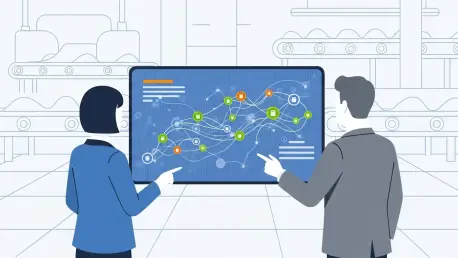
A sector steeped in centuries of tradition is now at the forefront of a technological renaissance, demonstrating that the future of textiles is being woven not just with thread, but with data, artificial intelligence, and advanced materials. The British textile machinery industry, through the
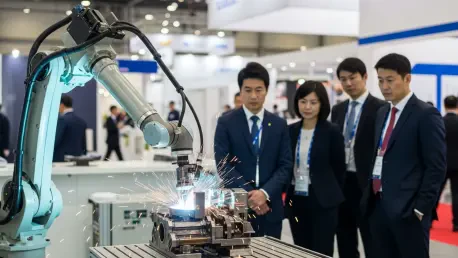
The global metalworking industry stands at a critical juncture, where the relentless demand for precision, efficiency, and sustainability is compelling manufacturers to rethink every aspect of their operations. In this dynamic environment, platforms that facilitate the convergence of technology,
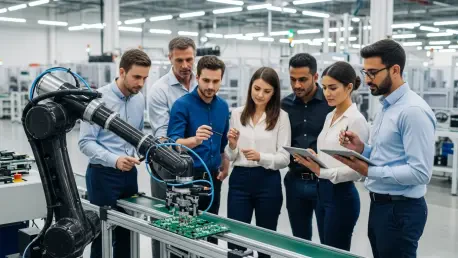
In an industrial landscape where operational efficiency and technological advancement are the cornerstones of survival, Tavoron has made a decisive move by appointing Robert Komljenovic as the new President of its Automation Integration segment. This strategic decision, announced in early January,
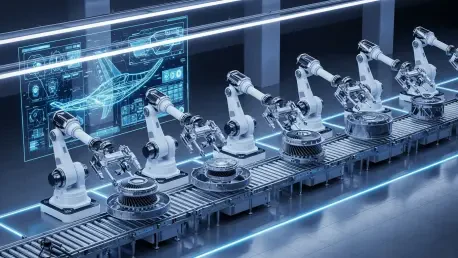
The intricate dance of precision machinery is setting the stage for a monumental shift in global manufacturing, with the Computer Numerical Control (CNC) drilling machine market poised for extraordinary expansion. A recent market analysis projects a significant escalation from its 2024 valuation of
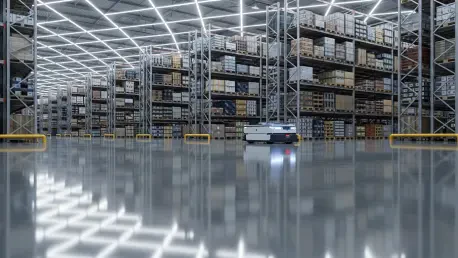
The transformation of a simple concrete slab into a seamless, high-performance surface capable of withstanding immense industrial punishment is a testament to advanced polymer chemistry, and launching a manufacturing plant to produce these systems is an equally complex and strategic undertaking. As